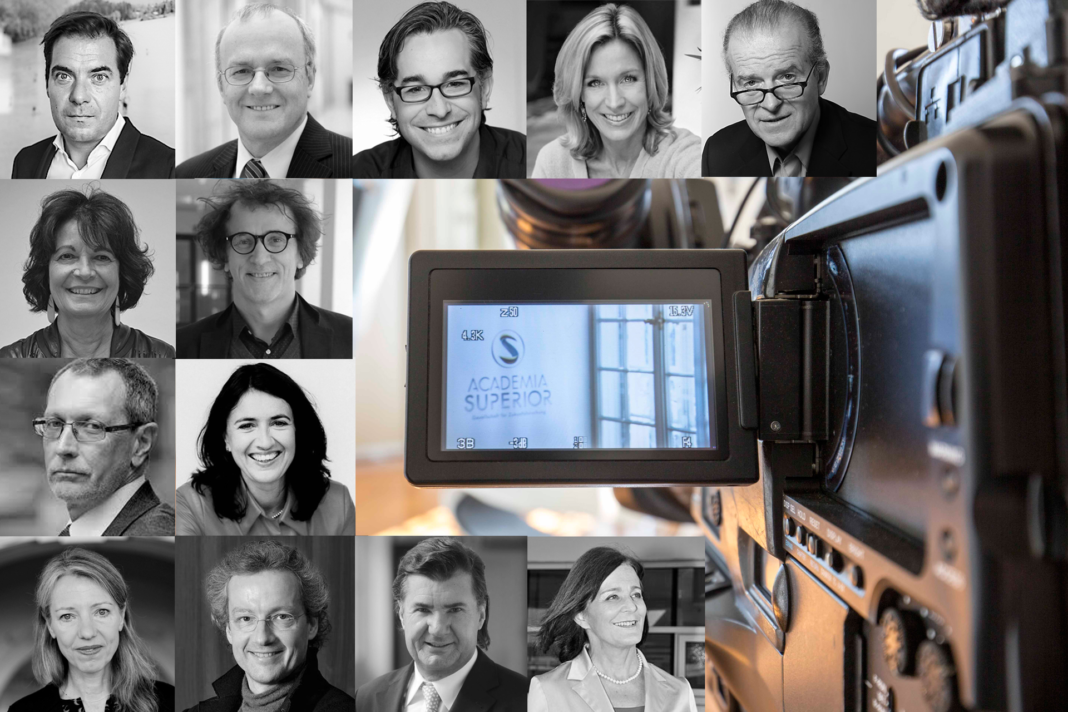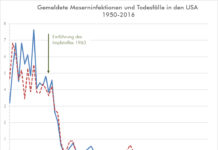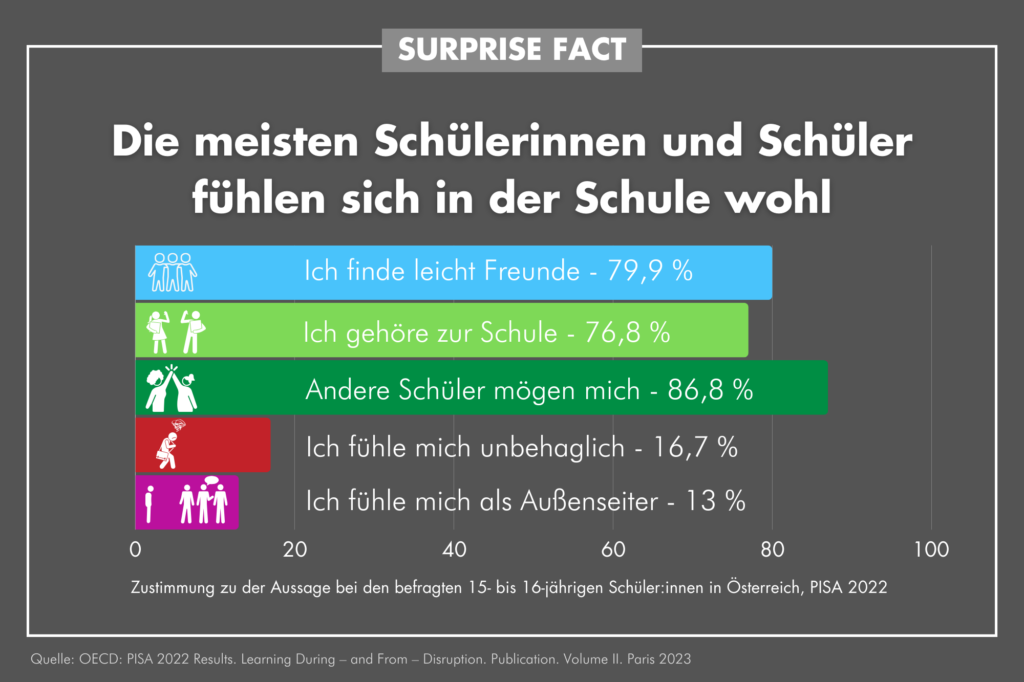What are the social, economic and political effects of the pandemic? How do we deal best with the situation? And what could a future after the pandemic look like?
Academia Superior was founded at a time when the great financial crisis of 2008 caught the world completely unprepared. Since then, the basis of our work have been the “surprise factors” — events that hit our society unprepared, but which have a major impact on our lives.
The Corona crisis is probably the strongest proof in recent years that we live in a „script-free time”. The concrete effects of the “Surprise Factor Corona” cannot be predicted today. Markus Hengstschläger discusses first thoughts on possible effects in conversation with excellent personalities in the Academia Superior Vlog „Surprise Factor Corona”.
The talks are in German
Episode 1: Konrad P. Liessmann
In the first episode, the philosopher and author Konrad Paul Liessmann talks with Markus Hengstschläger about the social impact of the pandemic. His appeal is: „Expect the worst, do everything you can to prevent it and be skeptical.”
Episode 2: Andreas Salcher
In the second episode, Markus Hengstschläger talks to the author and education expert Andreas Salcher. He sees a huge opportunity for the education system in the crisis, “if we promote what are considered ‘21st century skills’: social intelligence, crisis ability, dealing with unsafe situations and fears, team learning, the buddy principle.”
Episode 3: Rainer Nowak
In episode three, Markus Hengstschläger and the chief editor of „Die Presse” Rainer Nowak deal with the effects of the pandemic on society and journalism. For Novak, the crisis makes it clear that journalists, but also their interlocutors, have to admit that they cannot always know everything.
Episode 4: Reinhard Haller
The psychiatrist, psychotherapist and non-fiction author Reinhard Haller is guest in our video series in the fourth episode. Markus Hengstschläger talks to him about the effects of the pandemic on society and the human psyche. Reinhard Haller also sees positive things in the crisis, because „the corona virus frees people from their narcissistic high-altitude intoxication”.
Episode 5: Monika Langthaler
In this episode, Markus Hengstschläger speaks with Monika Langthaler, managing director of „brainsbows”, vice-president of the „Ökosoziales Forum Österreich ” and director of the „Austrian World Summit” about the effects of the pandemic on the environment and how we can deal with this crisis in the future. We have to keep in mind that „the difference to the corona crisis is, that there is no vaccination against climate crisis.”
Episode 6: Christiane Spiel
Together with the educational psychologist Christiane Spiel, Markus Hengstschläger discusses the effects of the pandemic on students and the education system. Central is also the question of how knowledge should be conveyed to society and the media in the future. Because this „exchange of knowledge with society — and that includes politics — is the third mission of universities”, emphasizes Christiane Spiel.
Episode 7: Stella Rollig
Stella Rollig, General Director and Scientific Managing Director of the Belvedere in Vienna, and Markus Hengstschläger talk about the effects of the pandemic on the art and cultural scene. She is certain: „We will have to be a completely different house and have a different audience, and of course that also opens up new opportunities.”
Episode 8: Josef Penninger
The two geneticists Josef Penninger and Markus Hengstschläger ask when there will be effective drugs and ultimately a vaccination. „The chances that it’ll just go away is maybe five percent. What is likely to happen is that it becomes seasonal,” says Penninger.
Episode 9: Jesus Crespo Cuaresma
In the ninth episode, the economist Jesus Crespo Cuaresma talks to Markus Hengstschläger about the economic effects of the pandemic. The lack of availability of data in Austria poses a challenge in calculating the consequences. This would be necessary in order to evaluate both fiscal policy measures „and to be able to consider and measure causal mechanisms”.
Episode 10: Franz Welser-Möst
This time Markus Hengstschläger speaks to the conductor of the „Cleveland Orchestra” Franz Welser-Möst about the consequences of the pandemic on art and culture. He appeals: don’t only look at the big ones, also support the small cultural initiatives. Otherwise „not only you suddenly lose a local supply of music, but also many opportunities for young musicians to perform and that will fall on our heads years later.”
Episode 11: Melinda Crane
In the eleventh episode, the journalist, presenter and US expert Melinda Crane speaks with Markus Hengstschläger about the social, political and economic effects of the pandemic on states. What she noticed relatively early is how “strongly trust correlates with good crisis management around the world.”
Episode 12: Nadia Thalmann
In the twelfth episode, Markus Hengstschläger talks to the robot developer Nadia Thalmann, who works in Singapore, about the different effects of the pandemic on Europe and Asia as well as about the development and use of robots. She emphasizes that „the technology is not yet ready to do as much as you think.”
Episode 13: Rudi Klausnitzer
This time the cultural manager, co-founder of Ö3 and big data expert Rudi Klausnitzer is our guest. Markus Hengstschläger talks to him about the influence of digitization on the media world and what good political communication on a crisis should look like. When asked what positive insights he took with him from the pandemic, he said: „Life is life-threatening, that means it is precious and therefore we should concentrate on what is important to us.”
Episode 14: Thomas Brezina
The best-selling author Thomas Brezina was Markus Hengstschläger’s fourteenth guest. They discussed the protection and needs of children, how individual success is and how good it can sometimes be to escape from reality. In the context of children and adolescents, it is not only important to observe the situation now, „but also over the next few months and probably years, exactly where the children stand and what after-effects the crisis has.”




